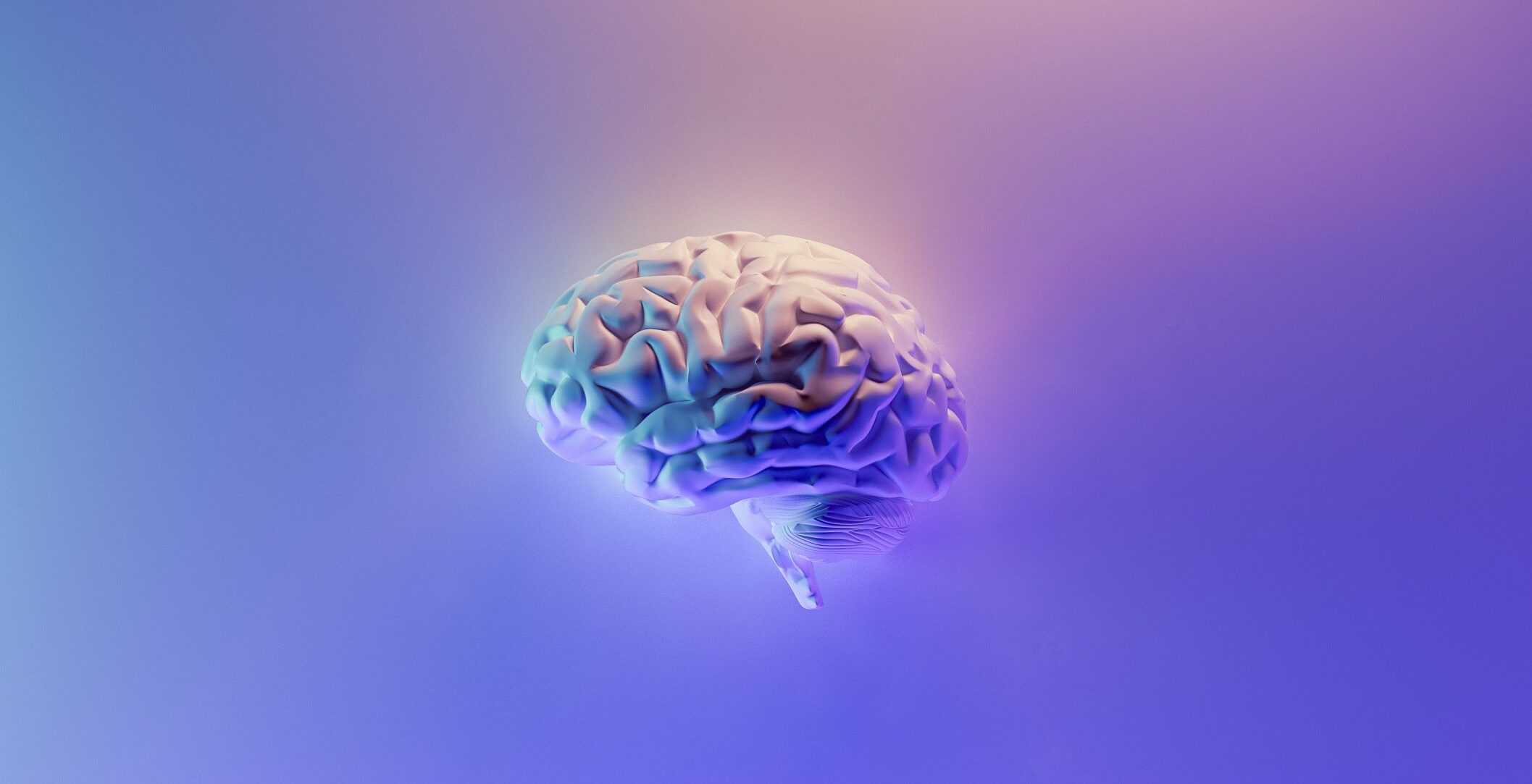Manage Weight Loss with Therapy
Americans are obsessed with weight loss regimes, keto diets, gluten-free food, 7-day detoxes, gyms, and whatnots. While it’s true that obesity rates in the U.S. are high, they are a result of poor diet, lifestyle choices, and the need to cope with past traumas. It is important to note that the wrong dietary approach or the wrong therapeutic technique may exacerbate the problem. Also, the lack of progress can negatively affect that person’s mental health. Therefore, finding the right program is vital to ultimately succeed.
Advanced Hypnotherapy of Naples has been helping clients with their weight loss goals for many years. We understand the subconscious suffering and the pain associated with weight problems. Therefore, we go the extra mile to find the right approach to help our clients. We use both cognitive and sub-cognitive approaches in hypnotherapy. Additionally, we process and remove the negative elements that block them from achieving their goal.

Food. Our friend and sometimes our worst foe. Our comfort, yet for some causes much discomfort. Our security, haven, retreat, and our strength; yet on a subconscious level, the underbelly of our deepest despair and vulnerability. We use it to celebrate our achievements and successes and to punish our mistakes and failures. This unconscious response to food is embedded in us due to conditioning and environmental factors.
Food is often used as a coping mechanism by those with weight problems, particularly when they are sad, anxious, stressed, lonely, bored, frustrated, and in some cases, the need to stay awake.
In many overweight individuals, there appears to be a perpetual cycle of mood disturbance, causing their overeating and weight gain. When they feel distressed, they turn to food to help cope. Though such comfort, eating may result in temporary attenuation of their distressed mood. The weight gain that results may cause a dysphoric mood due to their inability to control their stress. The resulting guilt may reactivate the cycle, leading to a continuous pattern of using food to cope with emotions. This pattern is particularly applicable if there is a genetic predisposition for obesity or a “toxic” environment in which calorie-dense foods are readily available and physical activity is limited. Unfortunately, these circumstances are all too common.
Other factors include problematic eating behaviors, such as mindless eating (frequent snacking on high caloric foods), overeating, and night eating referred to as binge eating (BE). BE is characterized by recurrent episodes of eating during a discrete period of time and eating quantities of food that are larger than most people would eat during a similar amount of time, a sense of lack of control during the episodes, and guilt or distress following the episodes. An important differentiation between BE and bulimia/anorexia is that BE is not associated with any regular compensatory behaviors, such as purging, fasting, or excessive exercise. Consequently, the majority of individuals with BE are overweight.
Cognitive and sub-cognitive Hypnotherapy for Weight Loss
Cognitive and Sub-cognitive Hypnotherapy is used as part of a program that includes a lifestyle modification with slight food change and exercise. This conditioning, combined with Hypnotherapy, has been proven to be a very effective therapy model and sometimes uncovers the underlying cause. The conditioning is usually used in weekly sessions lasting 45-75 minutes. Within a six-month period, our clients generally would have reached their goal or lost a significant amount of their initial body weight depending on their weight goal. We recommend a higher frequency of sessions in the initial stages of hypnotherapy to yield the best results.
Associations are formed between eating behaviors and other activities through the use of sub-cognitive conditioning. The behaviors become conditioned to occur together, as when a person eats nachos while watching the evening news. If these two behaviors are paired repeatedly, they become so strongly associated with one another that turning on the news alone triggers a craving for nachos. Behavior intervention involves identifying and shifting the inappropriate, environmental, or other triggers and cues.
Operant conditioning uses reinforcement and consequences. A person who uses food as a reward or to temporarily attenuate stress will associate food with a more pleasurable state, which makes it more likely to become a repeated behavior.
Hypnotherapy has been proven to be a powerful modality to overcome the problems of being overweight while working on the conscious awareness of known behaviors, the relationship with food, and the subconscious triggers. Cognition influences both feelings and behaviors, which cannot be ignored when handling obesity. Both the behaviors and the triggers must be attended to, in the management of Weight, as a way to help individuals change their negative eating behaviors and incorporate healthy lifestyle changes.

Some Hypnotherapy interventions and self-monitoring techniques include:
- food and exercise journals
- stress management
- stimulus control (e.g. eating only at the dining table, drinking more water throughout the day),
- social support
- problem-solving
- sub-cognitive restructuring of negative self-talk
- creating more realistic weight loss goals
- avoidance of stress triggers
- challenging of self-defeating beliefs
These are the important elements to find true success
Our Other Services:-
